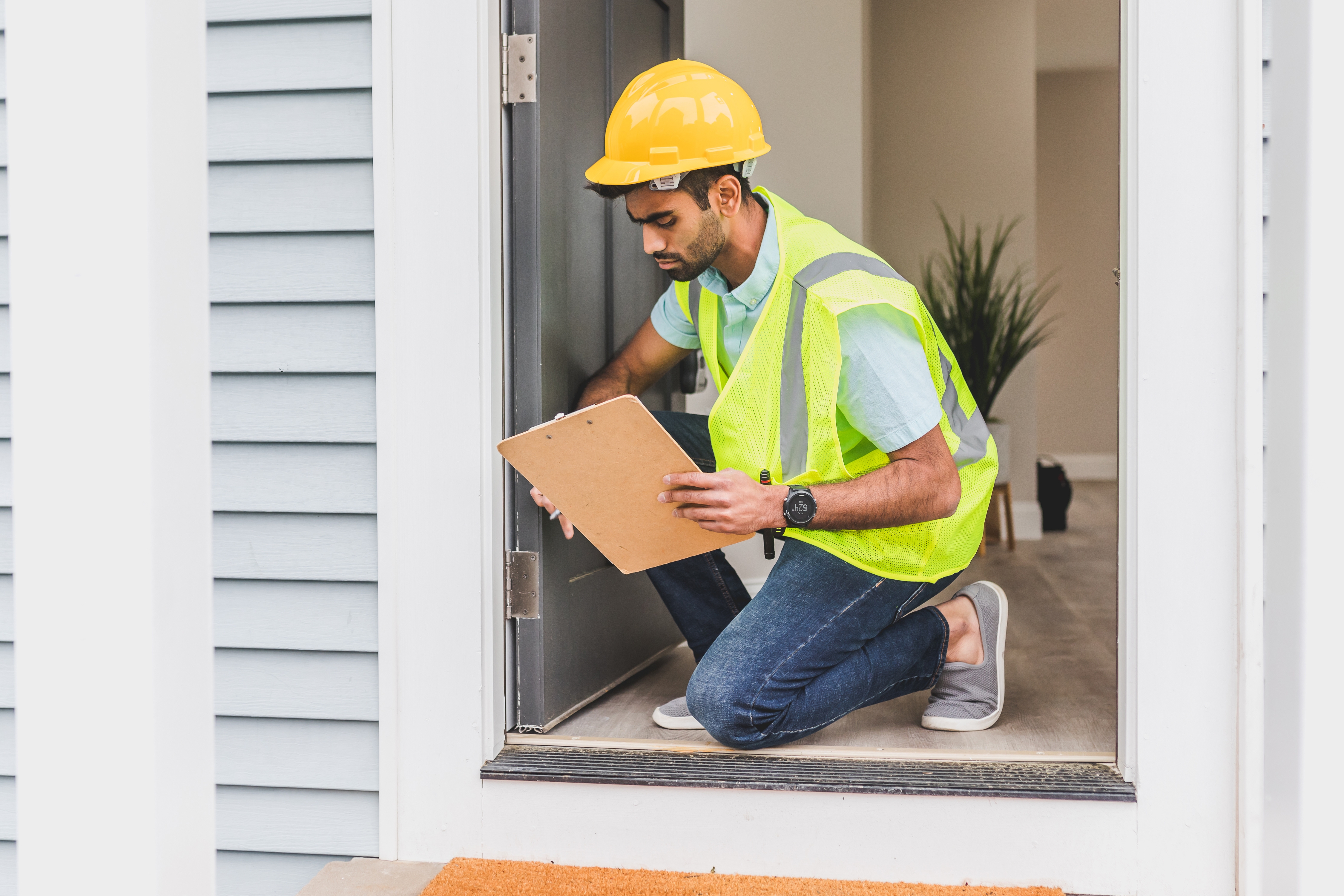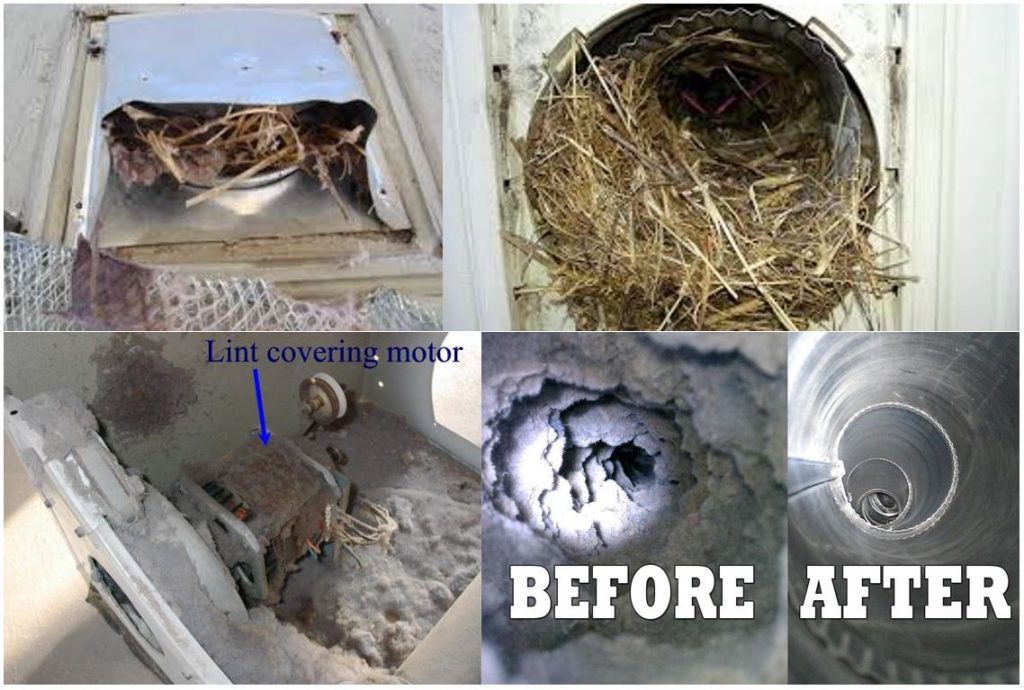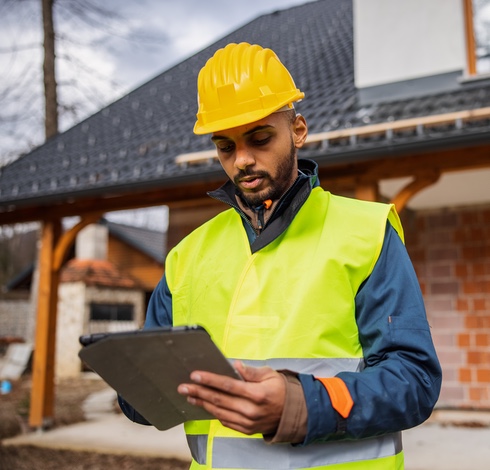
Having taken that huge step into the home buying market and putting an offer down on a home is an amazing feeling, and getting your offer accepted and moving into your option period is even more so. But now you need a Home Inspection! Today we’re going to talk about what makes a good home inspector, what to look for and how to choose one that fits your needs as you navigate this stressful time.
Variables to look for in a Home Inspector:
- Personality
- Competence
- License
- Insurance
- Professionalism
- Price
Personality
Regardless of how or where you find them, Home Inspectors are part of the service industry who provide a valuable service that you pay for. When starting to search for an inspector, you might jump to Google or get a recommendation from a realtor or friend, which are all valid. An important factor to keep in mind is customer service. Do they answer the phone in a professional manner? Are they willing to explain the inspection process and answer questions, or are they in a hurry to get you off the phone? Do they come across friendly and helpful? These are important questions to think about, because your Home Inspector is the one person you want to go to with questions. If your inspector is too busy to answer even the most basic questions or doesn’t seem interested in helping you feel comfortable throughout the process, they might not be the best candidate. Remember, this is a service you’re paying for.
Competence
Isn’t it hard to determine competence before actually seeing an inspector work? Sometimes, yes. However, if you prepare a few good questions before your first call with them, most likely you can tell if the inspector has a good grasp on what they’re doing. If they can’t fully answer the question or dodge around it, you might want to think about going with another inspector. A couple of good questions to ask would be, “How is your pricing set up? Are you flat rate, or do you charge per square foot, and does the age of my house factor into your pricing?” and “Can I attend my inspection?” Any inspector should be able to explain how they price a job, including if age is factored in, and quote you within a moment’s notice. Now, asking to attend the inspection is a loaded question since allowing this could slow most of them down. Generally, inspectors prefer to see the client near the end of the inspection, if at all. Another great way to judge this category is with example reports. Many inspectors post example reports on their website so a client can look and see what the likely work product will look like.
License
Every Texas Home Inspector is required to be licensed by the state. You can verify this by checking their Texas Real Estate Commission (TREC) number, which will be displayed on all their advertising materials, including business cards, websites, social media, and vehicle signage. If you can’t locate that number, chances are you might want to find another person. Holding this license ensures they have completed classroom and practical hours, as well as passed both the national and state license testing. A licensed Home Inspector also provides additional protection under the law, giving you peace of mind if problems arise. It’s also crucial to confirm that your inspector hold the correct licenses for each inspection service they are providing. For example, conducting a septic and termite inspection requires additional licensure in Texas.
Insurance
Before the state of Texas will issue a Home Inspectors license, every individual is required to carry Errors and Omissions insurance and Liability insurance. Your Inspector should present that documentation quickly and easily upon request. Texas sets high minimum standards, and the claims process is straightforward and consumer friendly.
Professionalism
When hiring a Home Inspector, it’s important to pay attention to the professionalism and how they conduct themselves. They should arrive cleanly dressed in a company branded shirt or uniform and take care not to track any mud or dirt into the home. Along with that, they should handle their equipment with care to avoid any damage. These are all good indicators of professional behavior that you should expect at the bare minimum.
Price
It’s important to compare prices, even if most inspectors charge similar rates, to make sure you get the best deal. You have the right to ask about any significant price variations to get a better understanding of what they offer. If you find an inspector with a high quote who uses advanced technology such as thermal imaging and drones as part of the standard inspection, then they can justify the higher charge.
Choosing the right Home Inspector can be a challenge, but often, it will ultimately come down to a gut feeling. You may find a connection with a particular inspector that you didn’t have with others, and that is perfectly fine. Inspectors come in all shapes, sizes and temperaments, and it’s important to find one that fits your needs. By staying informed, you can make the best decision possible and find the right inspector for you.
Now you know about what to look for in a Home Inspector, check out this blog for when you should call one!





